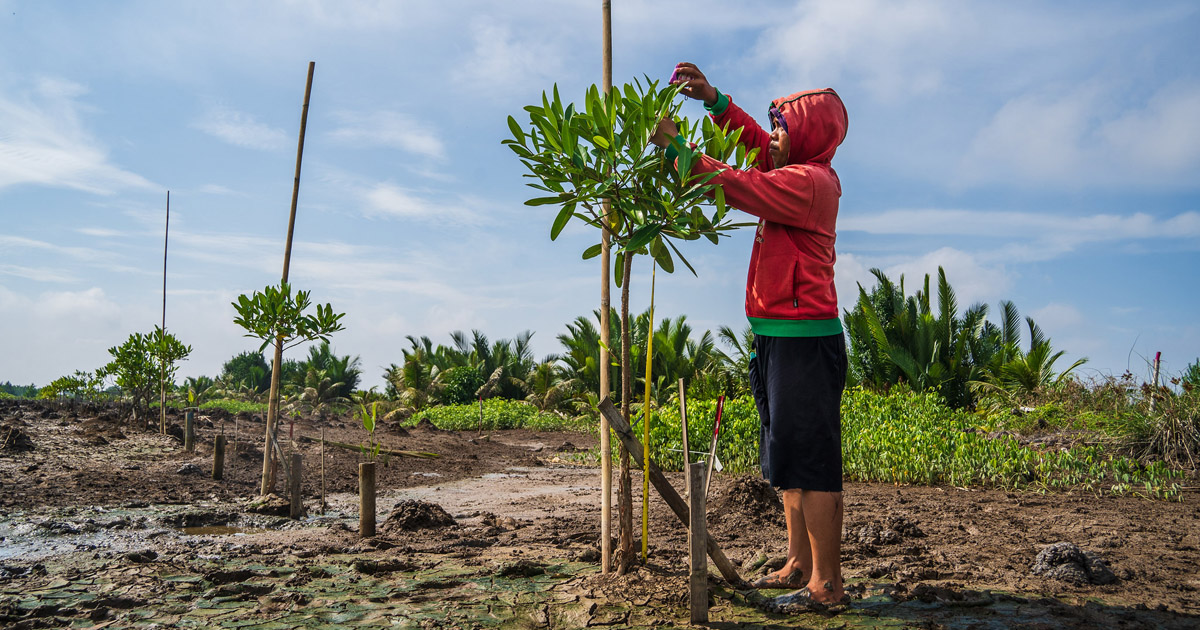Let’s explore how to integrate gender sensitivity in agricultural research and projects
This workshop is an interactive reflection structured in three main steps. These steps will guide us through an inspirational exchange of experiences and reflections on of the importance of gender-sensitive approaches. To encourage productive exchange, we will facilitate an engaging combination of small group brainstorming sessions and plenum discussions and prepare a few case examples.
- What?
In the first part of the workshop, we will explore the question of gender sensitivity. Inspired by examples from Anthropological studies on gender, we will reflect on the complex dimensions of gender as a concept and its influence. - Why?
In the second part, we will investigate the significance of gender sensitivity. - How?
In the third part, we will collect case examples and ideas on how to integrate gender sensitivity in agricultural research and projects.
Main purpose of the workshop:
In the end by answering the question what, why and how we will have a rich picture of ideas how gender sensitivity can be successfully integrated. We will also understand potential challenges, important questions to ask and considerations needed to find the best way in complex and unique socio-cultural contexts. In this workshop, we aim to move beyond criticism and, in a constructive and respectful manner, identify effective ways to integrate gender sensitivity in agricultural research and projects.
Tropentag provides a unique opportunity for various stakeholders with interdisciplinary perspectives to come together and inspire each other.

Lilian Beck














